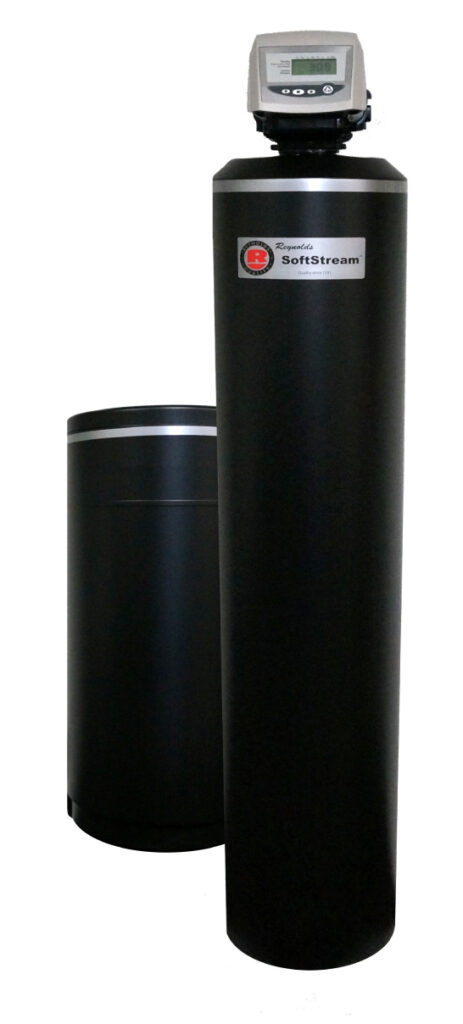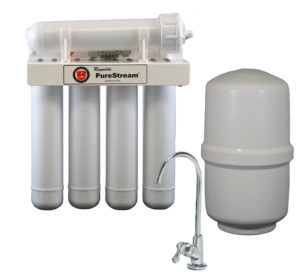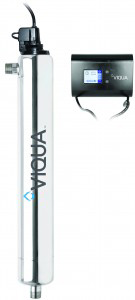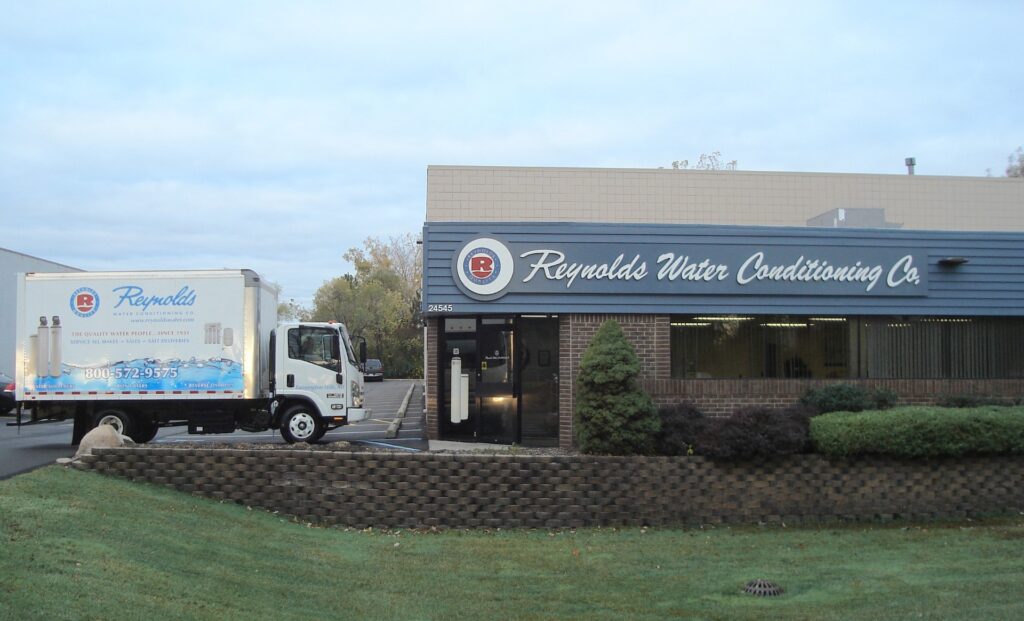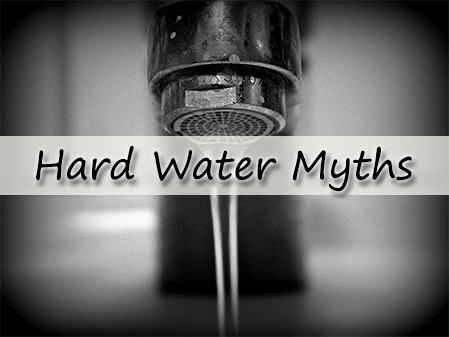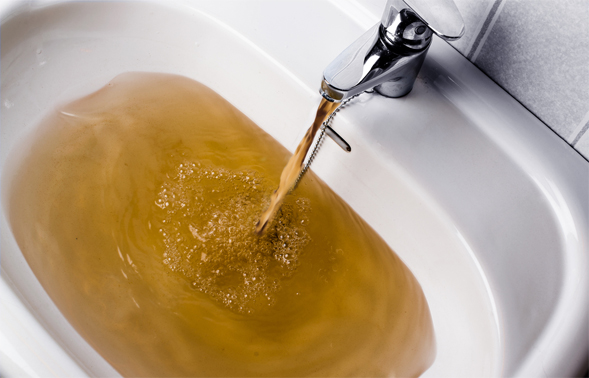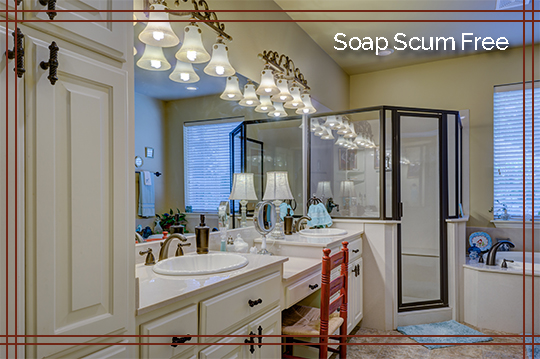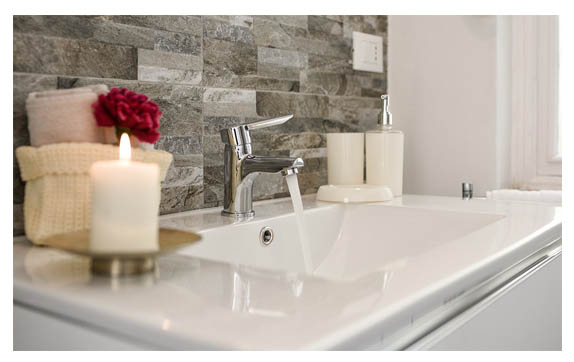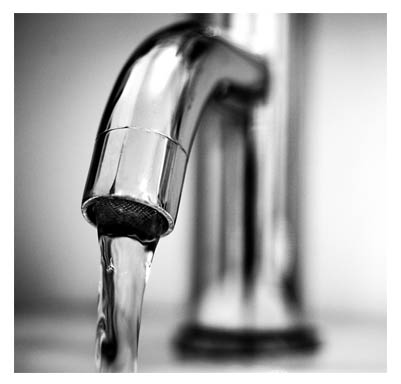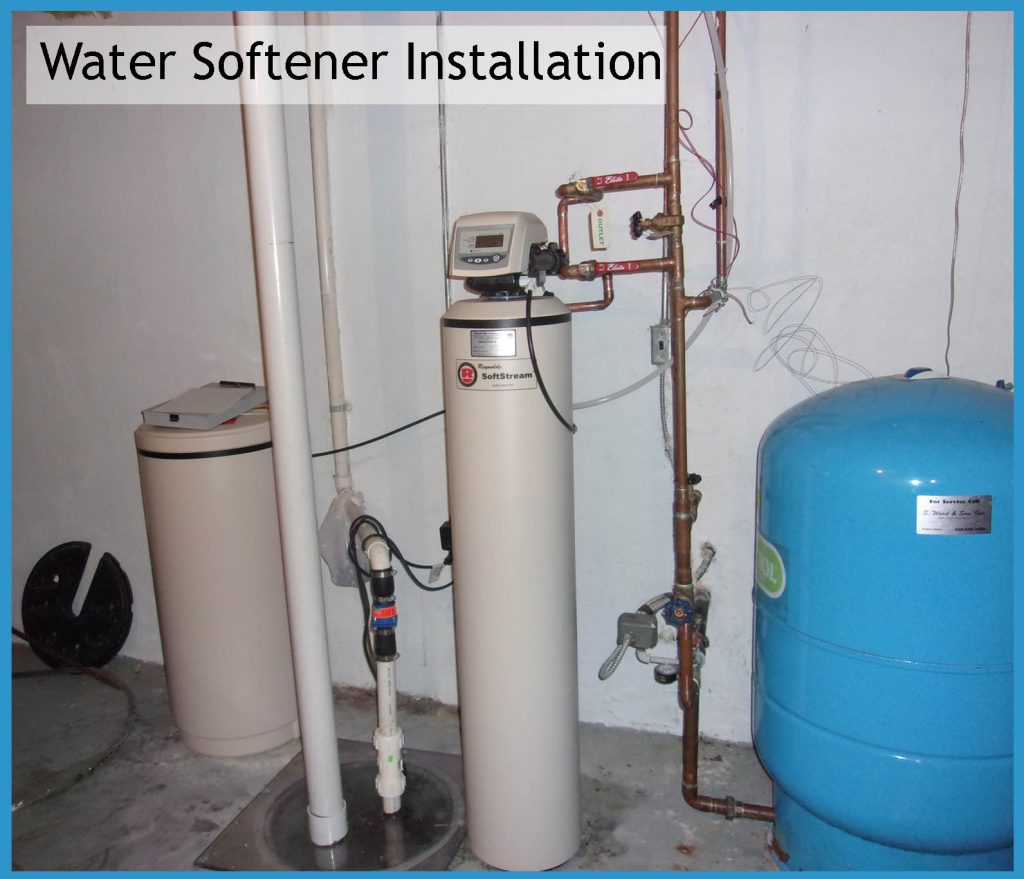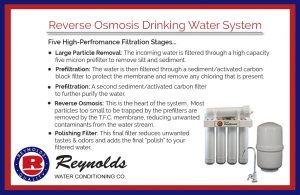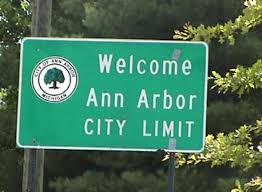
Water treatment is any process that improves the quality of water to make it appropriate for a specific end-use. The end use may be drinking, industrial water supply, irrigation, river flow maintenance, water recreation or many other uses. Whole house water treatment systems will address any potential water quality issues experienced in Ann Arbor, Michigan. Both matching the right technology and sizing the system to meet the water usage demands of your home are key. Additionally, a professionally plumbed system is important as well as maintenance of the system to optimize the useful life and proper functioning of your new equipment.
Furthermore, the preferred starting point is to get a water test to identify the minerals or contaminants in the water and at what quantity they exist. This will subsequently lead to an effective system recommendation and excellent water quality.
WATER SOFTENERS
A water softener is a type of whole house water treatment system that is designed for removing hard water minerals (magnesium & calcium) as well as dissolved iron and manganese from the water. Also, high efficiency water softeners that use less water and salt are preferred. For more about hard water, see https://water.usgs/edu/hardness.
BAD TASTES & ODORS, SEDIMENT
In addition to the above, there are many other systems to remove bad tastes & odors, sediment and many other objectionable minerals and contaminants in the water. Starting with a water test will lead to the right approach. For more information on products to remove common bad odors & tastes, see the link at https://www.reynoldswater.com/products.
WHOLE HOUSE WATER TREATMENT -Arsenic in private wells
Arsenic may be found in well water. A water softener will not remove these health threat contaminants. However, this contaminant can be removed at the point of entry into the home. Filtration tanks are filled with specific resin that captures the arsenic before it can get into the home’s water supply. Moreover, “Point of use” systems for drinking water can use reverse osmosis technology to effectively remove arsenic as well. Speak to a water treatment professional to decide which system is right for you.
REMOVAL OF PFAS IN WAter
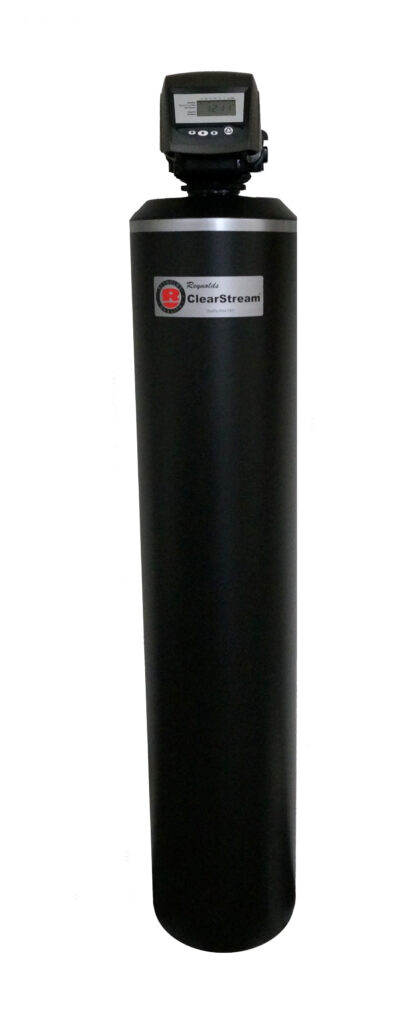
There are technologies effective in removing PFAS from drinking water, especially Perfluorooctanoic acid (PFOA) and Perfluoro octane sulfonic acid (PFOS). The most effective technologies include ion exchange, activated carbon adsorption and reverse osmosis. Furthermore, Ion exchange is proving to be a better approach for point of entry approaches, while reverse osmosis is very effective for drinking water purification.
Water treatment -uv light disinfection
Ultraviolet disinfection systems will remove waterborne pathogenic organisms which can cause illness or contaminate production processes. They kill bacteria, viruses and other pathogens by preventing them from reproducing. The result? Safe drinking water.
In conclusion. starting with a water test will guide to the most appropriate water treatment system to meet your specific needs.
For information on Ann Arbor’s annual water quality report, see https://www.a2gov.org/depts/water-treat.
Reynolds Water Conditioning has been installing and servicing water softening and filtration systems since 1931. Each system is tailored to meet the specific needs of each homeowner or business owner. Reach us at 800-572-9575 or email us at greatwater@reynoldswater.com.


